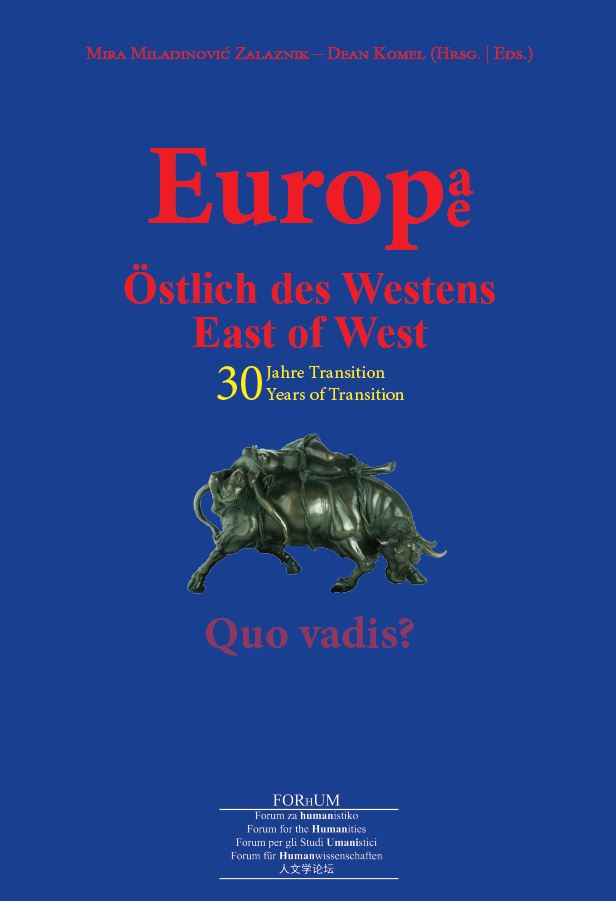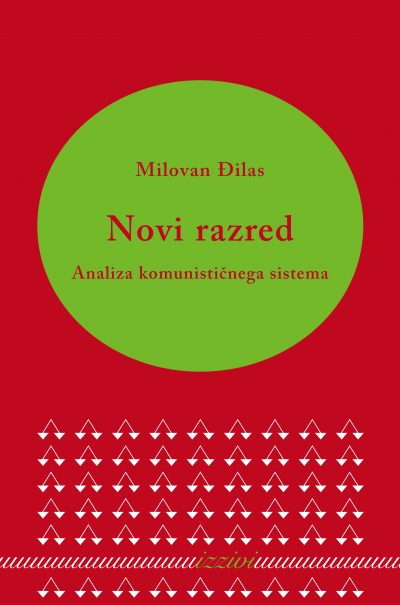Opis
The situation of European countries east of west is, since the fall of communist systems, still determined by transition, the goals of which once seemed to be safeguarded—to achieve the conditions for a development that would, on the one hand, enable justice, human dignity, and economic prosperity, as well as, on the other hand, entail a membership in the community of European countries, regions, and cultures. The process of transition has so far lasted a whole generation and thus gives rise to the question, what has caused the hindrance of development envisioned in the 1990s, how can we explain the delays, and which means would be necessary to accelerate the process and to bring about the flourishing of the undeniable potentials. The development of these potentials promises a positive change in three directions:
1) for the wellbeing of the single individual;
2)for the material and spiritual harmonizing of the peoples living in the each of the countries and regions; and
3) for the improvement of mutual trust, of reciprocal respect, and of constructive collaboration within, above all, the European community of nations and cultures.
For the understanding of the rift between the goals set in the past and their contemporary reassessment a discussion is required regarding the causes for the deficient development of potentials. Thus, it is possible to outline two overlapping thematic realms that demand attention and must be analysed: one concerns the autochthonous relationships between European countries east of west, and the other concerns their complex effects outside their sphere of influence, which encompass not only continental, but also global factors.
Die Länder in Europa östlich des Westens befinden sich seit dem Fall der kommunistischen Systeme noch immer in einem Übergang, dessen Zielsetzung einst rasch feststand – Entwicklungsbedingungen zu erreichen, die einerseits Gerechtigkeit, Menschenwürde und wirtschaftliche Prosperität sicherstellen und andererseits die Zugehörigkeit zur Gemeinschaft europäischer Staaten, Regionen und Kulturen zur Folge haben. Der Prozess der Transition hält nun eine Generation lang an und zieht die Frage nach sich, welche Ursachen vorliegen, die die in den 1990er Jahren intendierte Entwicklung aufhalten, wie die Verzögerungen zu erklären sind und welche Maßnahmen erforderlich sind, um den Prozess zu beschleunigen und die Potenziale, die unzweifelhaft vorliegen, zur Entfaltung zu bringen. Die Entfaltung dieser Potenziale stellt einen positiven Wandel in drei Richtungen in Aussicht:
- für das Wohlbefinden des einzelnen Individuums,
- für die materielle und geistige Harmonisierung der in den einzelnen Staaten und Regionen lebenden Bevölkerung und
- für die Hebung des wechselseitigen Vertrauens, der gegenseitigen Wertschätzung und der konstruktiven Zusammenarbeit vor allem innerhalb der europäischen Länder- und Kulturgemeinschaft.
Um die Kluft zwischen einstiger Zielsetzung und gegenwärtiger Bilanz zu verstehen, bedarf es des Diskurses über die Ursachen für die unzureichende Entfaltung der Potenziale. Zwei sich überlappende Themenfelder zeichnen sich ab, die es zu betrachten und zu analysieren gilt: Das eine bezieht sich auf die autochthonen Verhältnisse innerhalb der Länder im Europa östlich des Westens und das andere bezieht sich auf die komplexen Auswirkungen der Sphäre außerhalb jener Länder, die sich sowohl aus kontinentalen als auch aus globalen Faktoren zusammensetzen.




